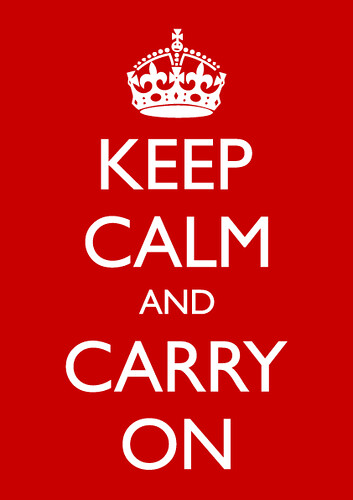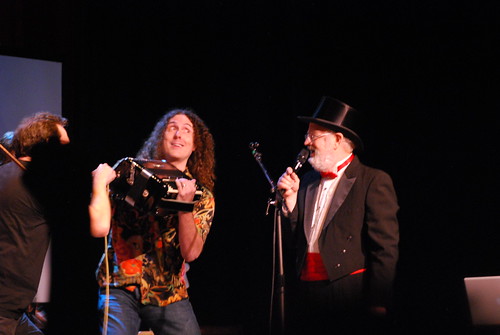Greek mythology — as well as two landmark works of science fiction — tells us what needs to happen to the savage thugs of “Boko Haram.”
It boils down to this: kill them all.

(“Hercules and the Lion,” by Francisco de Zurbarán (1634). Image from Wikimedia Commons.)
I should make it clear that I am talking about the Islamist militant group colloquially known as “Boko Haram,” because that’s apparently not the group’s real name. And apparently the translations of “Boko Haram” itself are problematic, i.e., “Boko Haram” seems to mean something other than “Western education is a sin”. According to this Wall Street Journal video, which repeats the common but apparently erroneous translation of “boko,” the group’s more formal name is “Jama’tu Ahlis Sunna Lidda’awati wal-Jihad,” which means “People Committed to the Propagation of the Prophet’s Teachings and Jihad.”
But regardless of what they call themselves, or what groups like them call themselves, when they undertake to kidnap, sell into slavery, murder, and so forth, they need to be eradicated like the vermin they are.
Harsh, you say? Un-Christian of me, to call for judgment instead of mercy? So be it.
Sorry, but if you want to show mercy to the vicious brutes who kidnapped those girls and threatened to sell them into slavery, then pat yourself on the back for your enlightened thinking and please get out of the way. Or if you think pleading with them via Twitter hashtags is likely to elicit some mercy on their part, then please consider the possibility that you may be willfully blind to evil in the world. Or if, God forbid, you actually think what ‘Boko Haram’ did was good and proper — positive and laudable in any way — then I hold you as an enemy of all that is decent and respectable. As are those militants themselves.
I can hear the cliched objection that violence is not the answer, but Robert A. Heinlein had what I believe is the definitive answer to that, from Starship Troopers:
Anyone who clings to the historically untrue — and thoroughly immoral — doctrine that ‘violence never settles anything’ I would advise to conjure up the ghosts of Napoleon Bonaparte and of the Duke of Wellington and let them debate it. The ghost of Hitler could referee, and the jury might well be the Dodo, the Great Auk, and the Passenger Pigeon. Violence, naked force, has settled more issues in history than has any other factor, and the contrary opinion is wishful thinking at its worst. Breeds that forget this basic truth have always paid for it with their lives and freedoms.
The best option — the only option, if what we want for Nigeria is freedom and safety — is to destroy them, utterly and forever. We will find it hard to do so, not only because some among us have become soft and unwilling to do the dirty work of liberty but because we are at heart sympathetic people who would prefer not to be destroyed ourselves. But Frank Herbert warned against such sympathies in a Dune epigraph attributed to the Bashar Miles Teg:
Sympathy for the enemy — a weakness of police and armies alike. Most perilous are the unconscious sympathies directing you to preserve your enemies intact because the enemy is your justification for existence.
We do not need “Boko Haram.” Nigeria does not need “Boko Haram.” The world does not need “Boko Haram.” They are like the Nemean lion that terrorized Greece until Heracles strangled it. He got to wear the lion’s impervious skin as armor, but we should be satisfied to bury the rabid dogs in unmarked graves.
But will a Heracles — Nigerian or otherwise — rise up to kill this beast?
















